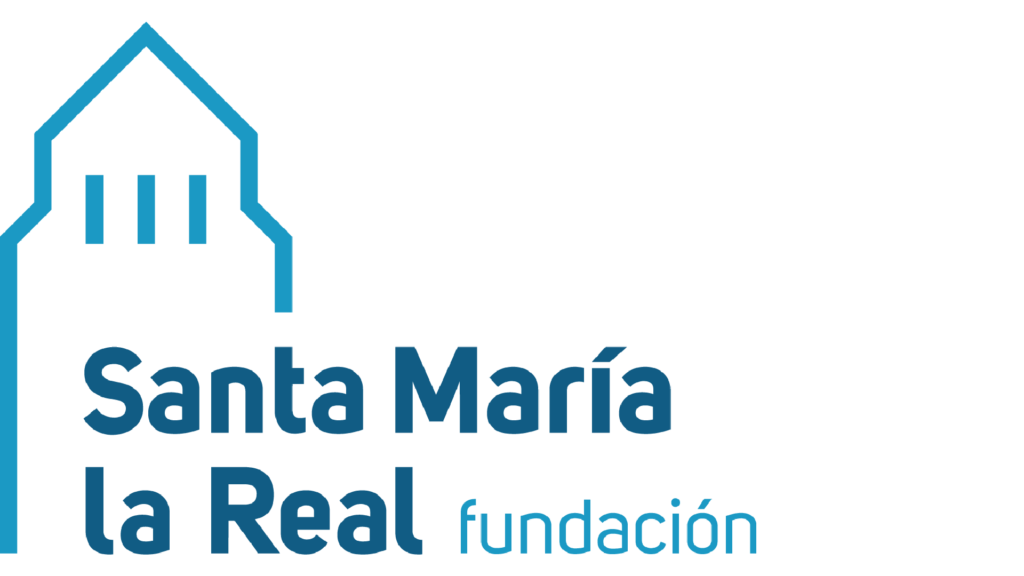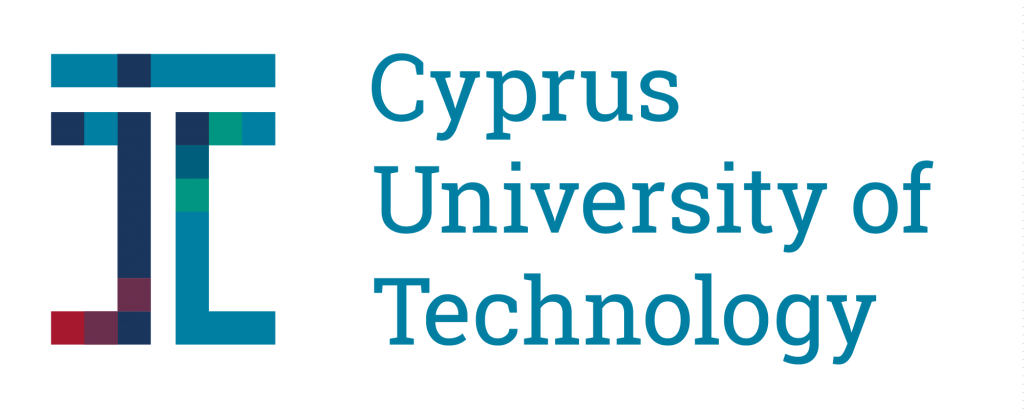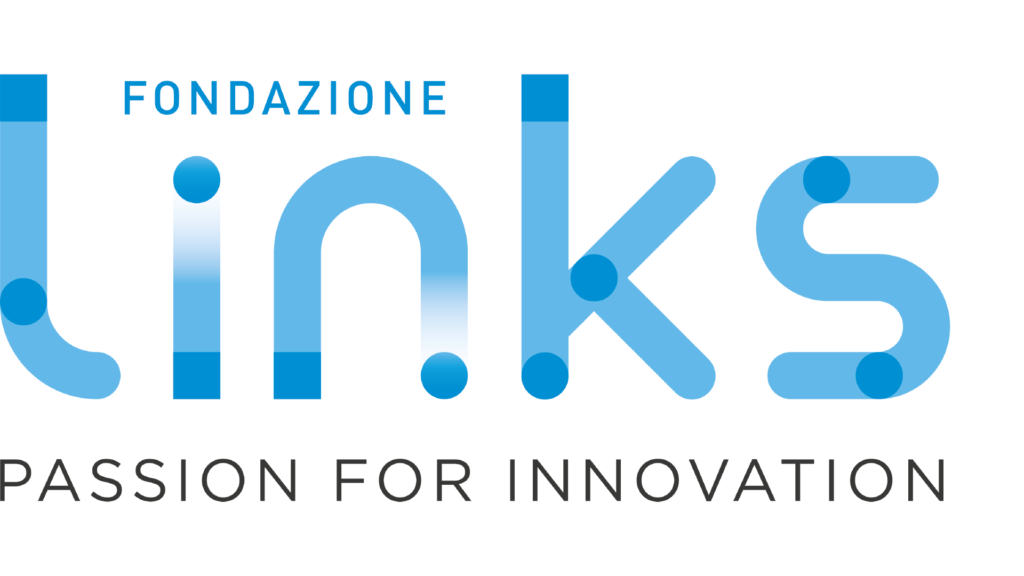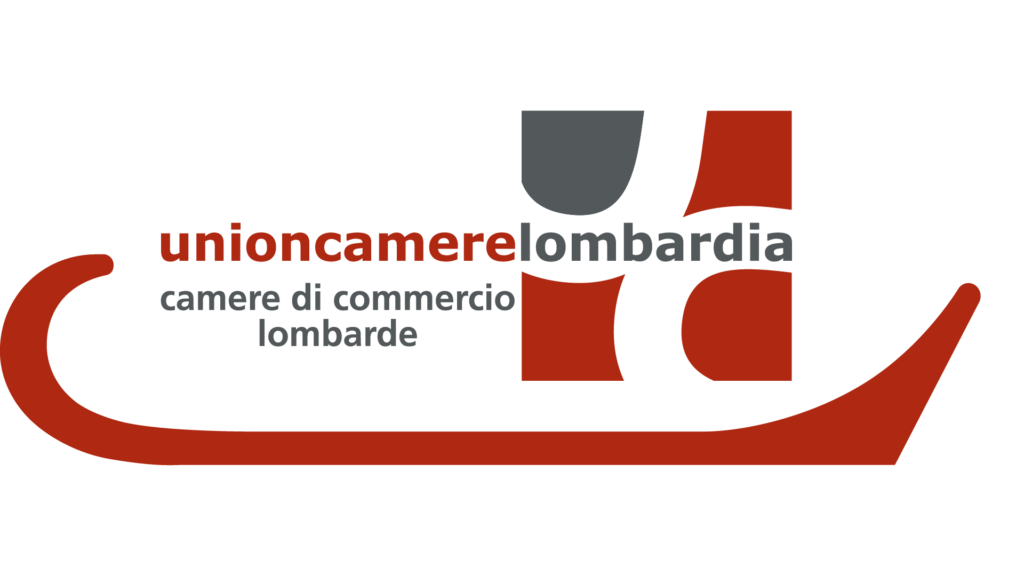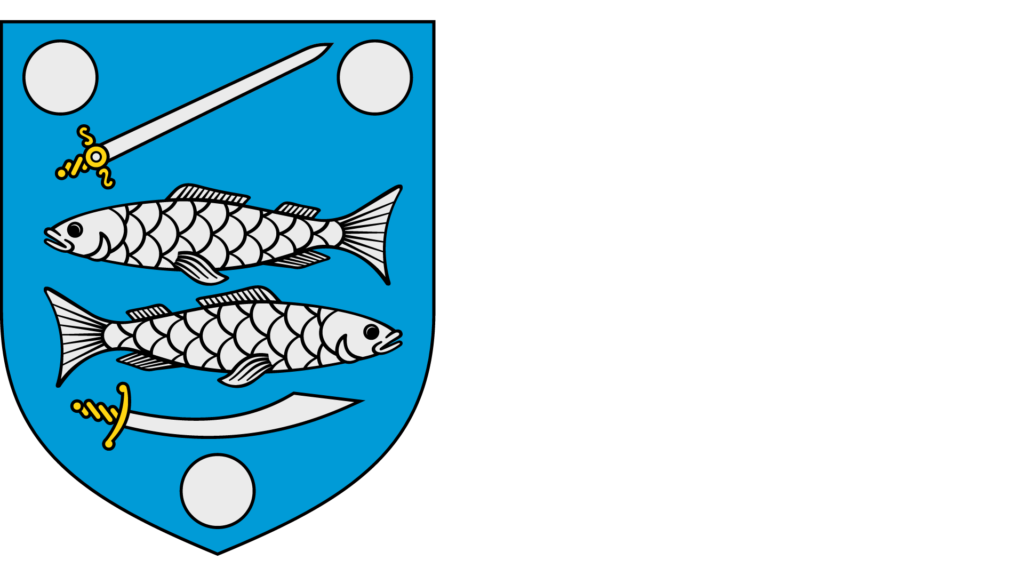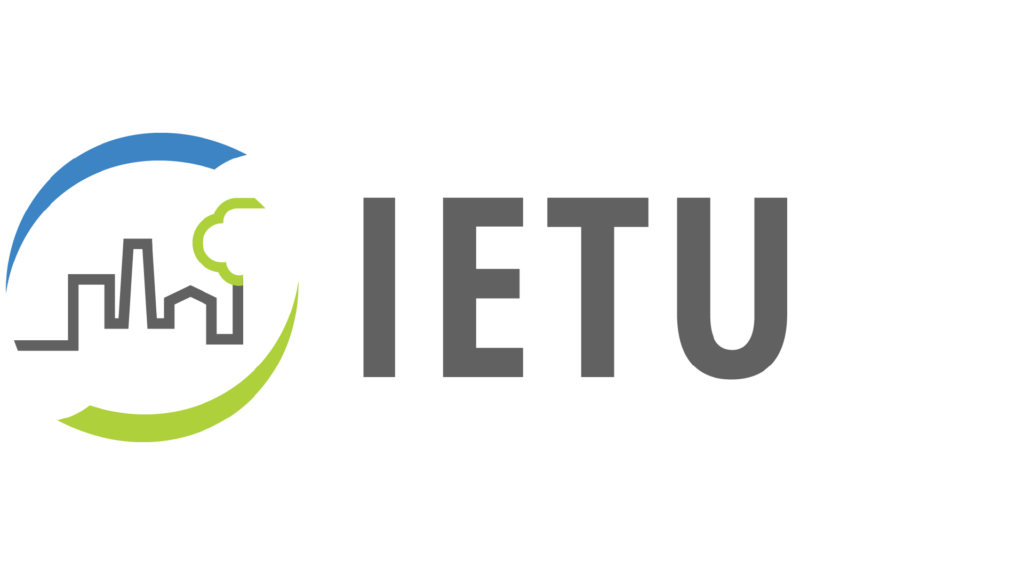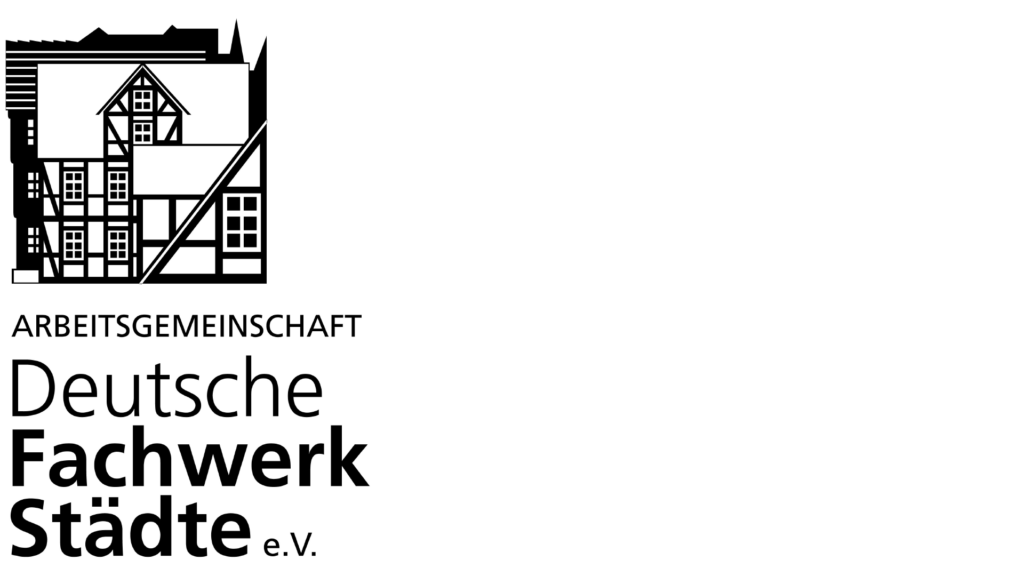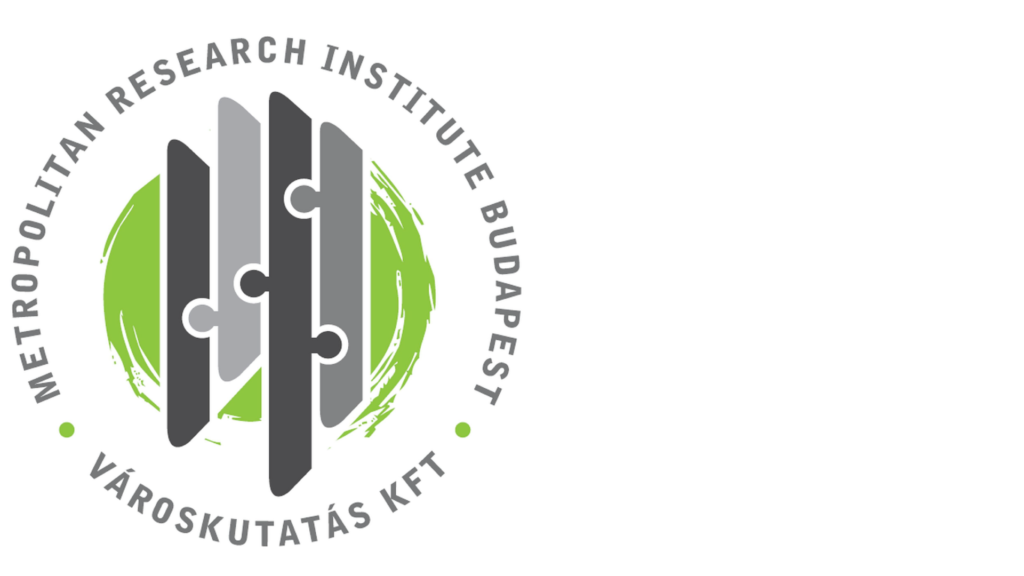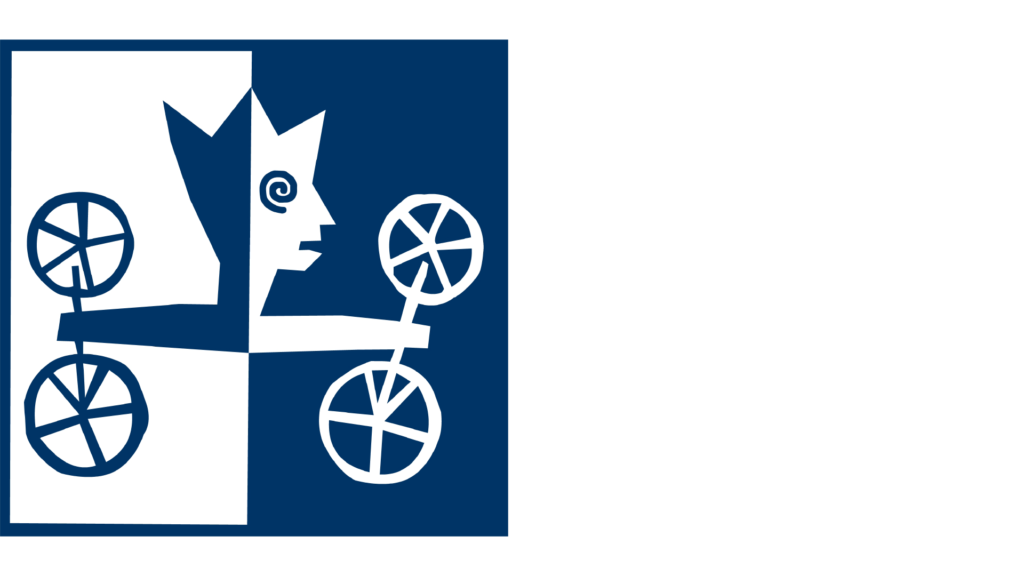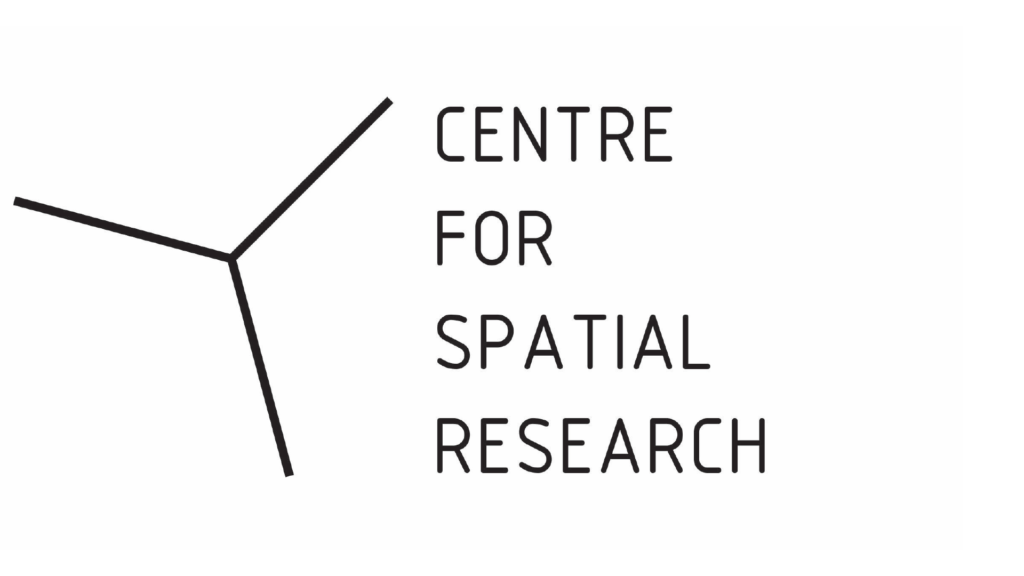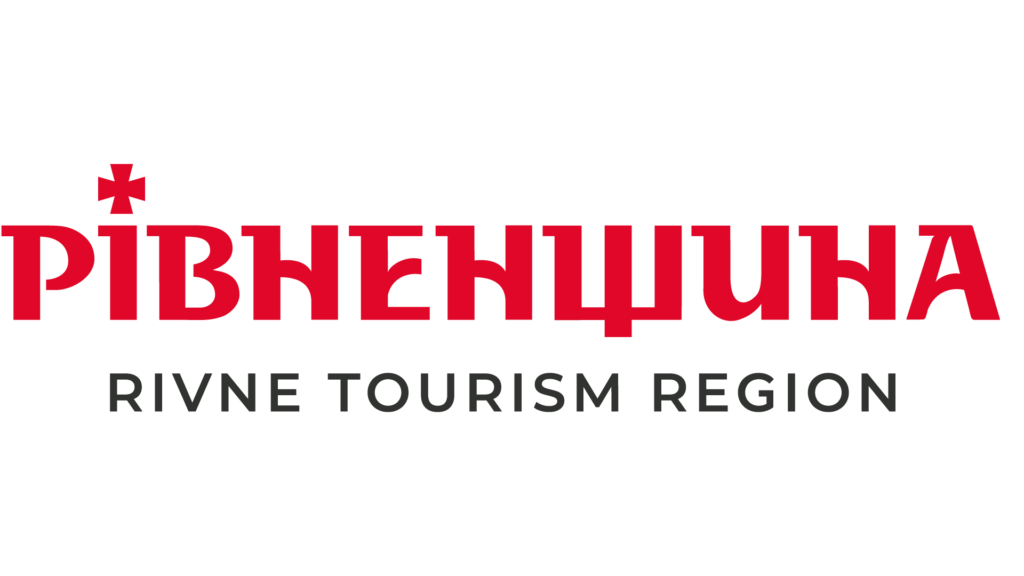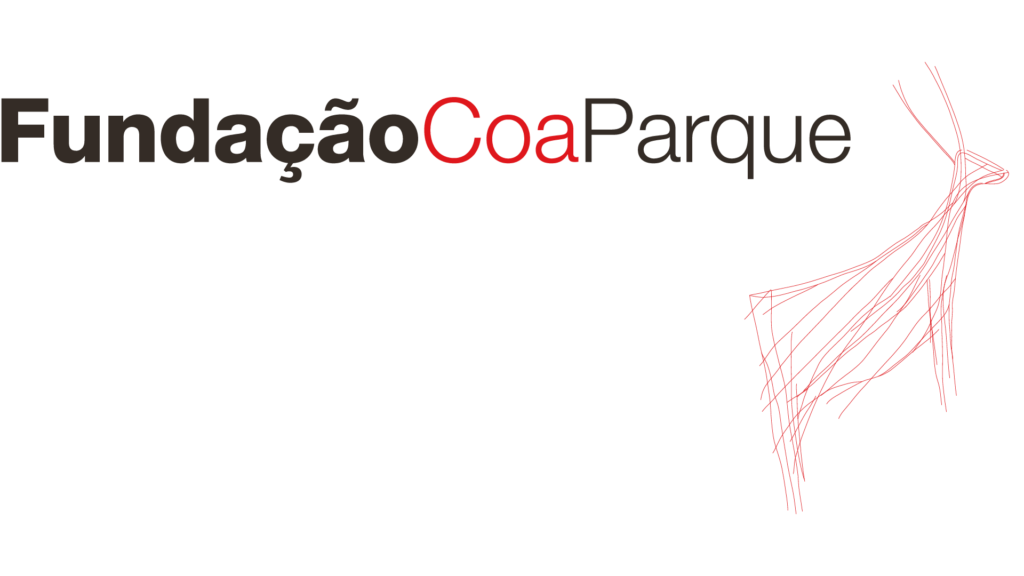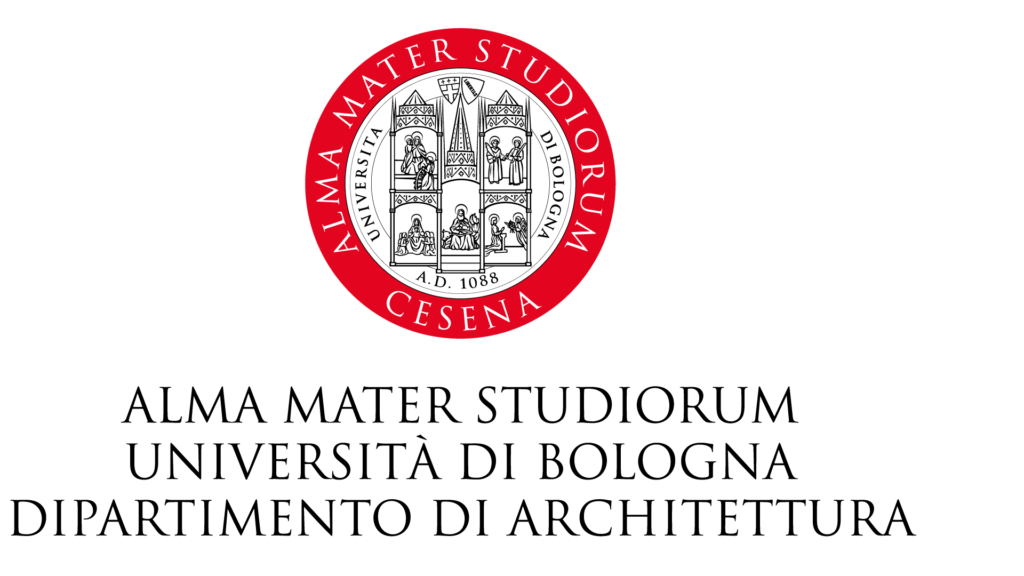About the project
Integrating cultural heritage and tourism sustainably
TExTOUR project will work with local communities to create social, environmental and economic benefits for all stakeholders.
42
months17
partners13
countries8
pilots
Overview
Cultural tourism is about managing cultural heritage and tourism in an integrated way. It’s about working with local communities to create benefits for everyone involved. This helps preserve tangible and intangible cultural heritage while developing tourism.
The EU-funded project TExTOUR co-designed pioneering and sustainable cultural tourism strategies and policies. The ultimate goal has always been to improve deprived areas in Europe and beyond. To do this, it set up Cultural Tourism Labs at eight pilots located within the EU and outside it. Various societal players and stakeholders in the Cultural Tourism sector has been involved in the Cultural Tourism Labs.
The selected pilots had diverse and complementary characteristics, which enabled the project’s experts to develop a wide range of scenarios for inland and coastal areas, rural and urban, deprived, remote, or peripheral areas, facing multiple social, economic, and environmental challenges.
Are you a policy maker, practitioner or part of a local community? Via the TExTOUR open access platform, we shared our knowledge gained as the project unfolds so that you can benefit directly.
Results
Scientific and technical results
- Identification of the difficulties that certain regions face when promoting and enhancing their cultural heritage
- Demonstration that cooperation between regions and countries can encourage cultural tourism development and socio-economic growth in those regions
- Setting out of sustainable cultural tourism strategies
- Integration of the generated knowledge into a platform to support policymakers and practitioners in assessing cultural tourism strategies and services
- Testing of the platform in the eight selected pilots
Socio-economic results
- Creation of an adaptable, inclusive, and modular investment strategy
- Fostering of local capacity building in the pilots and their local communities
- Understanding of how cultural tourism can promote local development
- Creation of an overarching, inclusive, and modern European identity based on a network of local identities
Impacts
The impacts of TExTOUR, as a cultural tourism development project, belong to five categories. Our best practices hit all these categories with different intensities according to the main objective of each practic.
-

Policy impacts
Identification of best practices in cultural tourism policies, knowledge of current trends and proposals for new practices and strategies.
-

Economic impacts
Cost assessing, adoption of sustainable business models, establishment of public-private partnerships, effective use of European Structural Funds.
-

Social impacts
Preservation of Europe’s cultural identity and of minority cultures.
-

Research impacts
Actionable data to assess synergies for implementing cultural tourism policies and operations.
-

Cultural impact
Valorise cultural heritage, understand tourism diversity, site attractiveness and accessibility.
Consortium
Fellow projects
Interesting projects which share objectives and thematics with TExTOUR.
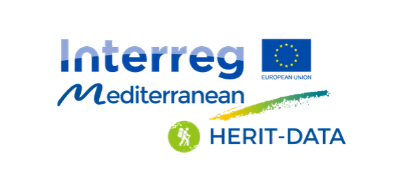
HERIT-DATA
HERIT-DATA aims to identify innovative solutions, with the support of new technologies and big data, to reduce the negative impacts of tourism on cultural and natural heritage sites.
ILUCIDARE
International network for Leveraging sUccessful Cultural heritage Innovations and Diplomacy, cApacity building and awaREness raising.

IMPACTOUR
IMproving Sustainable Development Policies and Practices to access, diversify and foster Cultural TOURism in European regions and areas.
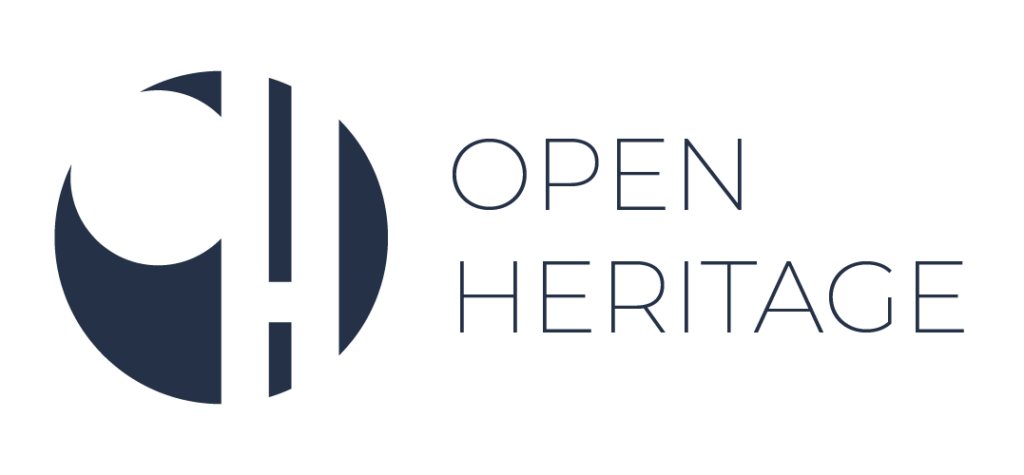
OpenHeritage
OpenHeritage aims at developing and testing an inclusive governance model and a supporting toolbox for the adaptive re-use of cultural heritage assets.

POCITYF
POCITYF aims to transform cities, with a strong emphasis on cultural and historical protected areas, into healthier and more accessible, reliable and competitive spaces for their citizens.
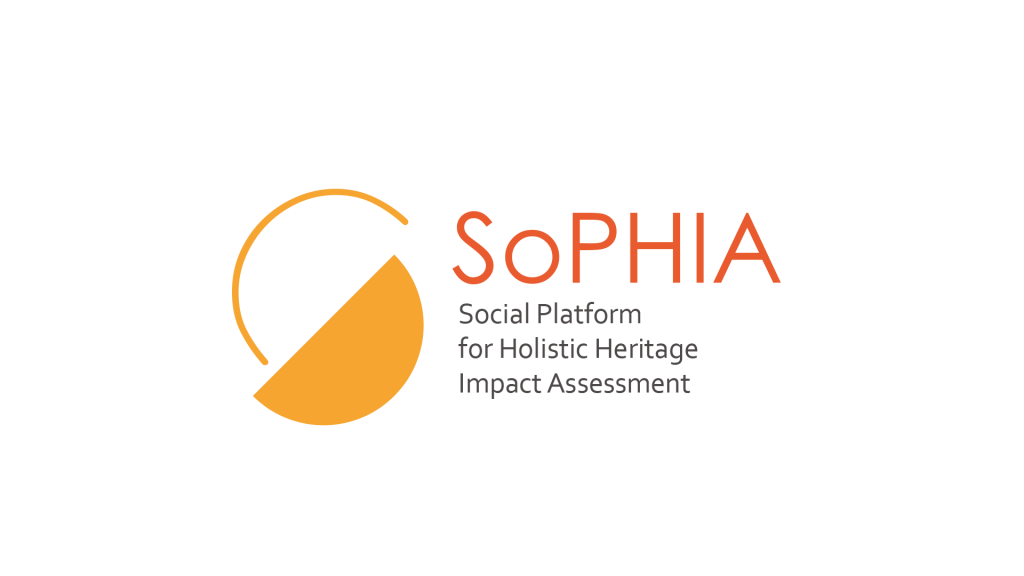
SoPHIA
SoPHIA – Social Platform for Holistic Heritage Impact Assessment is a project that aims to promote collective reflection within the cultural and political sectors in Europe on the impact assessment and quality of interventions in historical environment and cultural heritage at urban level.

SPOT
Social and innovative Platform On cultural Tourism and its potential towards deepening Europeanisation

INCULTUM – Visiting the margins: INnovative CULtural ToUrisM in European peripheries
The INCULTUM project deals with the challenges and opportunities of cultural tourism with the aim of furthering sustainable social, cultural and economic development. It will explore the full potential of marginal and peripheral areas when managed by local communities and stakeholders. Innovative participatory approaches are adopted, transforming locals into protagonists, able to reduce negative impacts, learning from and improving good practices to be replicated and translated into strategies and policies.
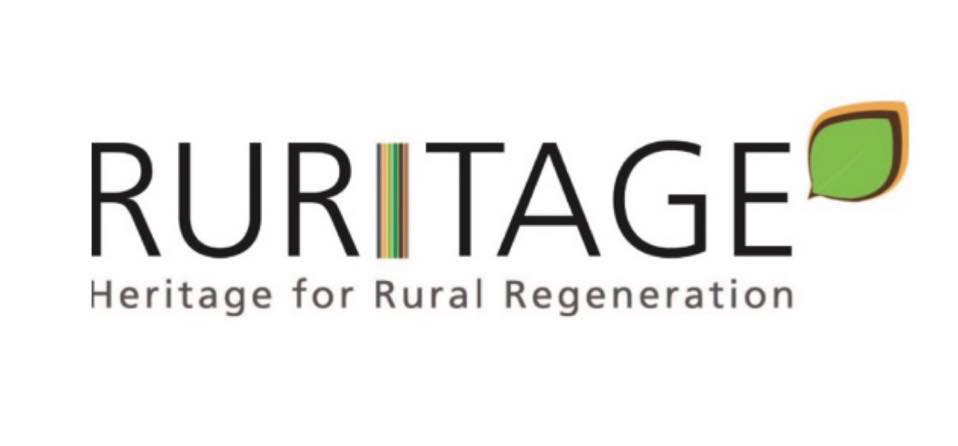
RURITAGE - Heritage for Rural Regeneration
RURITAGE establishes a new heritage-led rural regeneration paradigm able to turn rural areas in sustainable development demonstration laboratories, through the enhancement of their unique Cultural and Natural Heritage potential. RURITAGE has identified 6 Systemic Innovation Areas (pilgrimages; sustainable local food production; migration; art and festivals; resilience; and integrated landscape management) which, integrated with cross-cutting themes, showcase heritage potential as a powerful engine for economic, social and environmental development of rural areas.
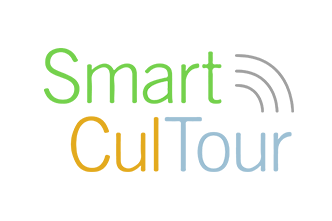
SmartCulTour- Smart Cultural Tourism as a Driver of Sustainable Development of European Regions
The EU-funded SmartCulTour project intends to redefine the concept of cultural tourism to provide European regions with strategies that engage stakeholders in co-creating smart cultural tourism practices.

rurAllure - Promotion of rural museums and heritage sites in the vicinity of European pilgrimage routes
The project fosters cultural cooperation and sustainable tourism in the proximity of European pilgrimage routes, having its pilot actions along the the Saint James’ Ways, the routes to Rome (Via Francigena, Via Romea Germanica and Via Romea Strata), Saint Olav ways in Scandinavia and the Way of Mary to Csíksomlyó in Eastern Europe and the Balkans. The project aims to conduct mapping and digitalise cultural heritage along the routes, develop innovative IT products, enhancing travel experience and launch of the first European cooperation network along the pilgrimage routes. To valorise experience of every pilgrim, rurAllure launches the second edition of the Photo Contest “Share your route” 2023 to feature the best shots from the European walking routes.
🇪🇺 Horizon 2020
Horizon 2020 is the EU’s flagship initiative for securing Europe’s global competitiveness.
By coupling research and innovation, Horizon 2020 is helping to achieve this with its emphasis on excellent science, industrial leadership and tackling societal challenges. The goal is to ensure Europe produces world-class science, removes barriers to innovation and makes it easier for the public and private sectors to work together in delivering innovation.
Visit the official website to know more.
